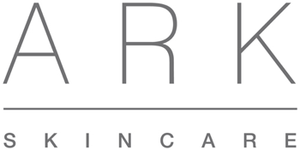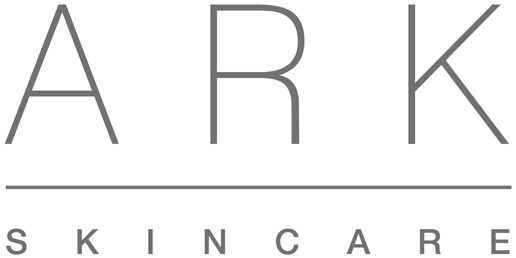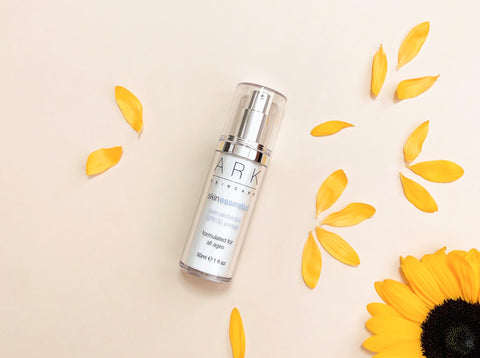Blog
The facts about SPF, UVA & UVB - get sun protection savvy
May 01, 2020From a young age, we’re all told to ‘remember your sunscreen!’ - but what does it do and why is protecting ourselves so important?
What types of sunlight rays are there and how can they affect my skin?
UVA Rays
UVA rays are associated with skin ageing. 95% of these rays reach the earth's surface, causing short-term effects such as immediate tanning and possible sunburn. They affect the inner cells in the top layer of skin and are responsible for causing premature ageing, pigmentation, and are even linked to some types of skin cancer.
UVA rays present themselves all day long, all year round. They can penetrate through clouds and windows too, so even on the cloudy days that you spend indoors, you’re still exposed and should always remember your SPF!
UVB Rays
UVB rays have shorter wavelengths, so only 5% of these reach the earth’s surface. However, they have a considerably higher energy level meaning their damage can be a lot more severe. Overexposure to UVB rays is what can cause your skin to blister and burn. It is also the cause for most skin cancers, so it is essential to protect your skin and ensure you aren’t putting yourself at risk.

How does SPF work?
A sunscreen acts as a filter, reducing how much UV radiation we’re exposed to. SPF stands for Sun Protection Factor and is the measure of a sunscreen’s ability to protect your skin from harmful UVB rays.
There are two main parts to all sun protection. The active ingredient and the emulsion. The active ingredient does the sun protection work and either absorbs or reflects the UV rays.
The sun protection factor is calculated by how much of the UVB gets through the screen.
The British Association of Dermatologists recommend SPF 30 is a good level to use to keep skin protected.
What makes ARK Skincare's Skin Protecting SPF 30 Primer so special?
Our Skin protecting SPF 30 Primer is the ultimate multi-tasker - Award winning make up primer; sunscreen; and light weight moisturiser in one. It offers 'broad-spectrum’ UV protection which means unlike many products, it protects from both UVA & UVB rays.
By making this part of your daily skincare routine, you’ll keep your skin protected without even having to think about it!
You can find out more about this product here.
References:
NHS - Sunscreen & Sun Safety
ColorScience - How Does Sunscreen Work To Protect Your Skin?
The Explainer - What Does SPF Mean & How Is It Measured





